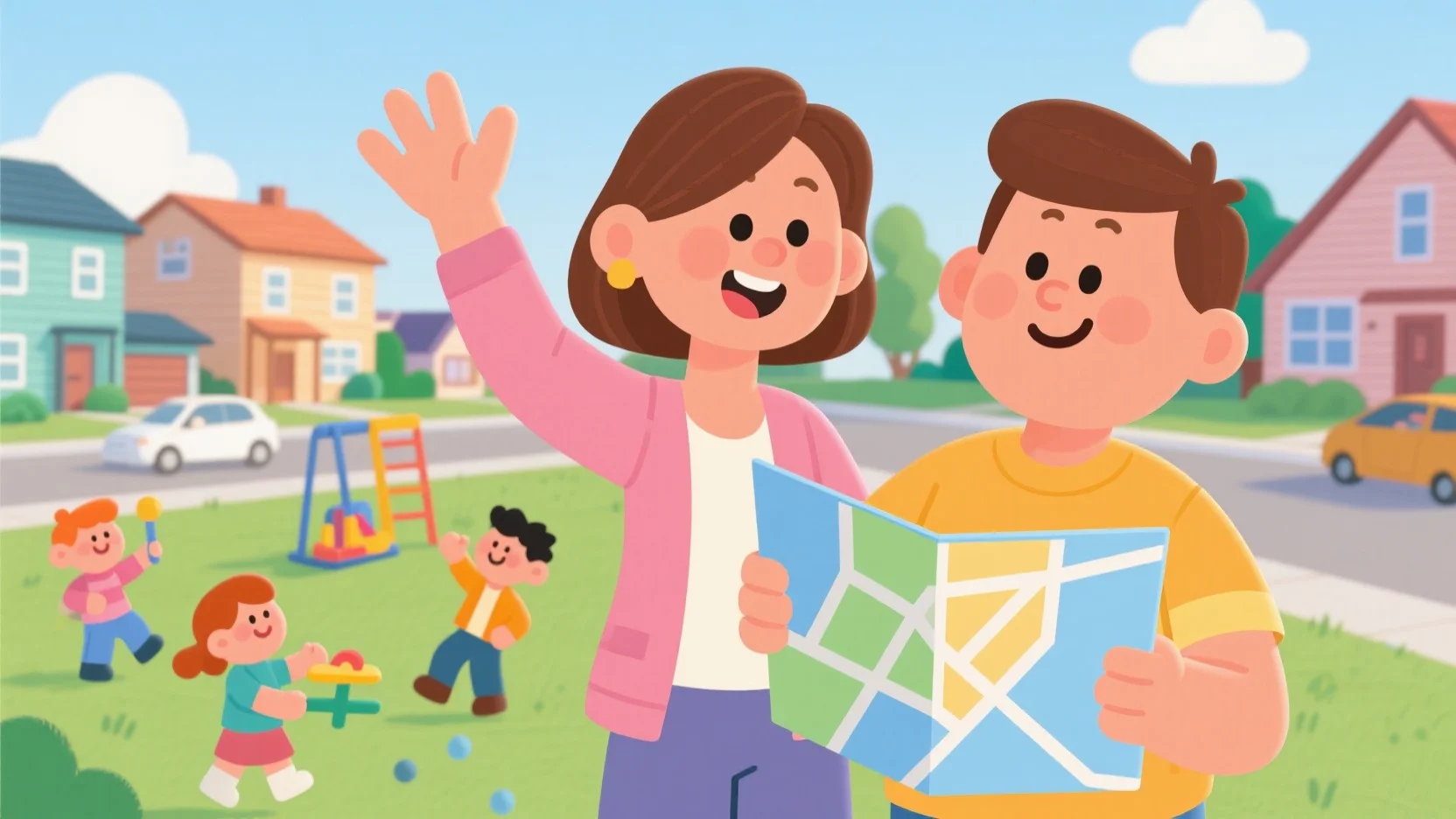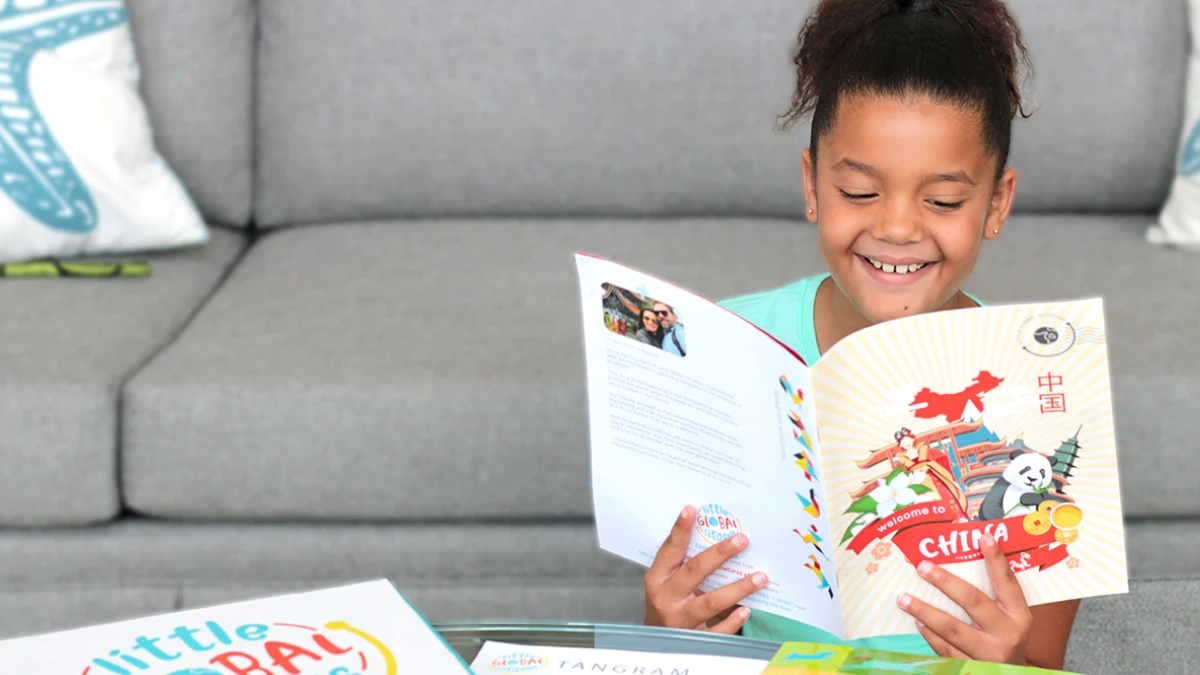In today’s parenting landscape, emotional challenges, lifestyle transitions, and complex relationships often go hand-in-hand. Here are four deeply human stories that explore the nuance of parenting, identity, and the power of communication.
🧩 1. Feeling Shut Out in a Small Town
“Why Do Local Parents Avoid My Family?”
A single mother who recently relocated from a large city to a small town is feeling increasingly isolated. Though her children are making friends at school, repeated efforts to connect with other parents—like arranging playdates—often fall flat, resulting in awkward exchanges and unanswered messages.
Is this common in tight-knit communities?
Yes. Transitioning into a small town can be difficult, especially as a single parent in a community built around traditional family structures. Unspoken social dynamics, cultural norms, and even unconscious bias may be playing a role.
To move forward:
- Talk to a teacher or neutral community member for insights.
- Learn the social rhythm of the community.
- Stay true to yourself while allowing time for deeper bonds to grow.
You’re not the problem—you’re in transition. Genuine connections take time.
🤰 2. Reconsidering Parenthood After Miscarriage
“We Said No to Kids—Now We’re Not So Sure”
A couple who once firmly agreed to remain child-free is now wrestling with a change of heart after experiencing a miscarriage. They’re torn between continuing to chase financial and personal goals, or embracing parenthood.
Is this grief, or a genuine shift in life priorities?
It’s both. Grief can open emotional windows and reframe desires. Give yourselves time to process, grieve, and reassess. Create space for open dialogue. Consider a short-term plan:
- Set timelines (e.g., removing birth control in 6–12 months).
- Revisit goals as a couple, like homeownership vs. family planning.
- Talk to a counselor if needed for clarity.
This isn’t about replacing loss—it’s about redefining what feels right now, together.
💉 3. Navigating Vaccine Hesitancy in the Family
“My Daughter Won’t Vaccinate Her Baby—What Do I Do?”
A concerned grandparent is distraught over their daughter and son-in-law’s decision not to vaccinate their child. How do you speak up without causing conflict?
Lead with empathy, not confrontation. Begin by:
- Understanding their core concerns.
- Recommending credible resources, like On Immunity by Eula Biss.
- Framing the conversation around shared values—protecting the baby’s health and the community.
Change may not happen overnight, but your voice matters—especially when it comes to science-backed child safety.
📱 4. Balancing Boundaries With a Loving Parent
“My Mom Wants to Talk More Than I Can Handle—Am I a Bad Daughter?”
An adult daughter feels overwhelmed by her mom’s constant need for contact but struggles with guilt over setting boundaries.
You’re not a bad daughter—you’re a human being with limits.
Start by:
- Setting realistic expectations (“Let’s talk every Sunday”).
- Communicating your love and gratitude clearly.
- Offering quality time over quantity.
Creating boundaries actually protects relationships—especially when done with care and kindness.
🌿 Final Reflection
Each scenario reflects a universal truth: Parenting isn’t just about raising children—it’s about managing relationships, identity, and growth at every life stage. Whether you’re navigating community dynamics, relationship crossroads, family disagreements, or intergenerational expectations, the key lies in authentic communication, self-compassion, and empathy.








